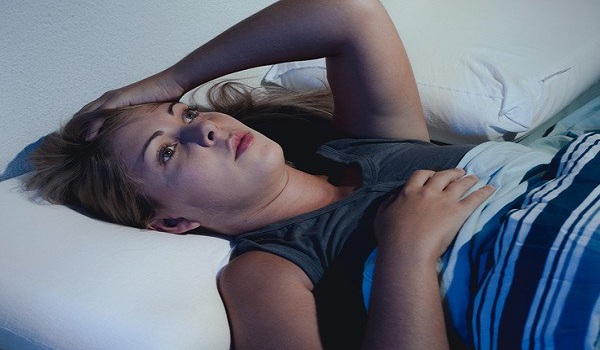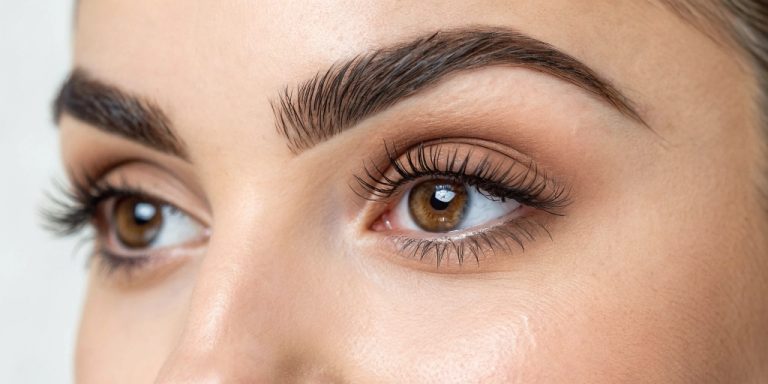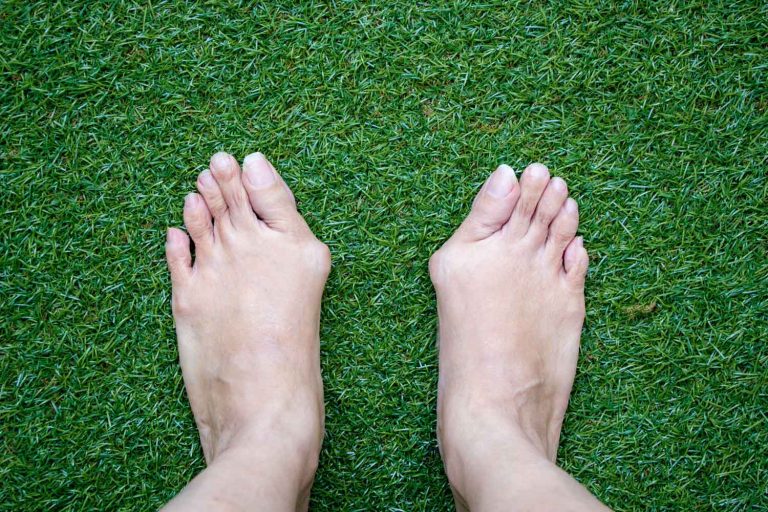Millions of people all over the world suffer from the sleep disorder known as insomnia. Those who suffer from this problem find it immensely difficult to fall asleep or stay that way. It can have devastating effects on your life because it will cause lethargy, daytime sleepiness and you will experience a general feeling of being unwell, both mentally and physically. Other associated symptoms with insomnia are anxiety, irritability and mood swings. There are typically three types of insomnia reported, which are:
- Transient insomnia, which typically occurs for three nights.
- Acute insomnia, which is often referred to as short-term insomnia as it can persist for a couple of weeks.
- Chronic insomnia is the most dangerous as it can last for months or years.
Physiological and physical factors can contribute to insomnia. Sometimes an underlying medical condition can also lead to chronic insomnia whereas a recent occurrence or event can often be responsible for transient insomnia. Some common causes of insomnia include:
- Psychological issues like depression, bipolar disorders, psychotic disorders or anxiety.
- Hormonal changes such as those during menstruation or menopause.
- Disruptions in circadian rhythm like extreme cold or heat, high altitudes, changes in job shift, jet lag or even environmental noise.
- Medical conditions including chronic fatigue syndrome, asthma, arthritis, Parkinson’s or Alzheimer’s disease, chronic pain, tumors, chronic obstructive pulmonary disease, brain lesions, angina, stroke, sleep apnea, hyperthyroidism acid-reflux disease (GERD) and congestive heart failure.
- Other factors like pregnancy, parasites, overactive mind, a snoring partner or genetic conditions.
While it is possible that insomnia itself is a symptom of a problem outlined above, there are numerous signs and symptoms that indicate you suffer from this sleeping disorder such as:
- Finding it difficult to fall asleep
- Waking up in the middle of the night
- Anxiety, depression and irritability
- Difficulty in socializing
- Feeling tired after a night’s sleep
- Poor focus and concentration
- Fretting about sleeping
- Daytime sleepiness or fatigue
- Suffering from tension headaches
- Gastrointestinal symptoms
Insomnia can usually be resolved when the underlying cause wears off or is treated. The treatment for insomnia is mostly focused on identifying the root cause and correcting it properly to eliminate the problem entirely. There are medical as well as behavioral treatments that can be used for alleviating insomnia amongst people. Listed below are some great options:
- Using relaxation techniques such as muscle relaxation and meditation can be a big help as they often make you drowsy and at peace.
- Stimulus control therapy, which focuses on removing any distractions like eating, reading, watching TV or just thinking too. You only go to bed when you are sleepy.
- Sleep restriction, which means depriving the body of sleep until it increases tiredness and makes you want to fall immediately the next night.
- Using medications, which is excellent for dealing with insomnia and anxiety and giving you a feeling of peace.
- Cognitive therapy, which involves group therapy and also one-on-one counseling.
Keep reading http://phase-2.org/health/compressive-clothes-for-running-science-or-faith/















+ There are no comments
Add yours